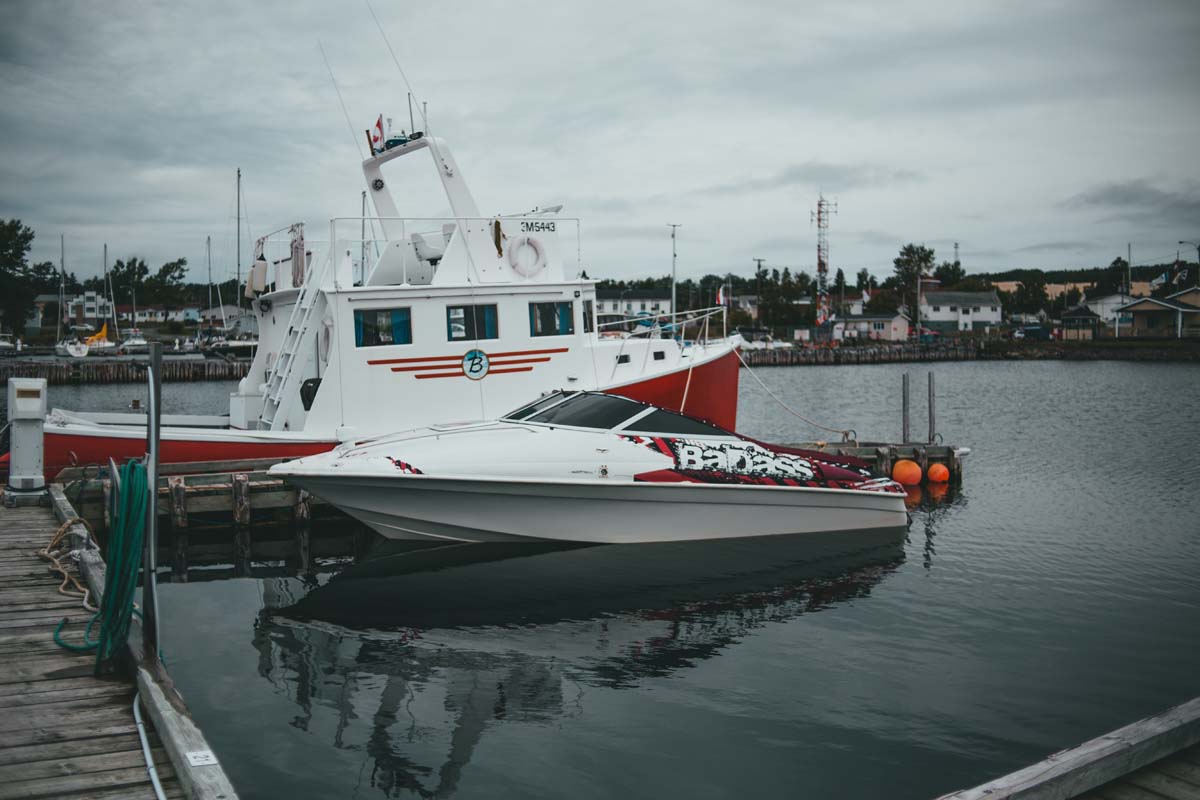
403
Sorry!!
Error! We're sorry, but the page you were looking for doesn't exist.
Fiji Ramps Up Efforts to Handle Abandoned Ships
(MENAFN) The Fijian government is intensifying its crackdown on abandoned ships that threaten both marine ecosystems and safe navigation in its territorial waters.
Citing the growing number of hazardous derelict vessels, a broadcasting agency reported Thursday that officials are weighing the implementation of mandatory shipwreck insurance. The policy would compel vessel owners to cover the full cost of wreck removal, relieving financial pressure on government agencies and taxpayers.
Minister for Public Works and Transport Ro Filipe Tuisawau described the move as a key component of a wider national effort aimed at restoring the health of Fiji’s maritime environment and holding shipowners accountable for their vessels.
He underscored the need to strengthen the Maritime Safety Authority of Fiji’s enforcement capabilities and called for the introduction of stricter penalties to deter negligence within the industry.
The minister also warned that derelict ships obstruct vital harbors and maritime routes, while inflicting lasting damage on coral reefs, fisheries, and fragile coastal environments.
Government plans to address the wrecks will be tailored to each vessel’s condition. Cleanup methods may include steel recovery operations, full salvage, or controlled sinking—but all efforts will prioritize strict environmental protections.
Citing the growing number of hazardous derelict vessels, a broadcasting agency reported Thursday that officials are weighing the implementation of mandatory shipwreck insurance. The policy would compel vessel owners to cover the full cost of wreck removal, relieving financial pressure on government agencies and taxpayers.
Minister for Public Works and Transport Ro Filipe Tuisawau described the move as a key component of a wider national effort aimed at restoring the health of Fiji’s maritime environment and holding shipowners accountable for their vessels.
He underscored the need to strengthen the Maritime Safety Authority of Fiji’s enforcement capabilities and called for the introduction of stricter penalties to deter negligence within the industry.
The minister also warned that derelict ships obstruct vital harbors and maritime routes, while inflicting lasting damage on coral reefs, fisheries, and fragile coastal environments.
Government plans to address the wrecks will be tailored to each vessel’s condition. Cleanup methods may include steel recovery operations, full salvage, or controlled sinking—but all efforts will prioritize strict environmental protections.

Legal Disclaimer:
MENAFN provides the
information “as is” without warranty of any kind. We do not accept
any responsibility or liability for the accuracy, content, images,
videos, licenses, completeness, legality, or reliability of the information
contained in this article. If you have any complaints or copyright
issues related to this article, kindly contact the provider above.


















Comments
No comment